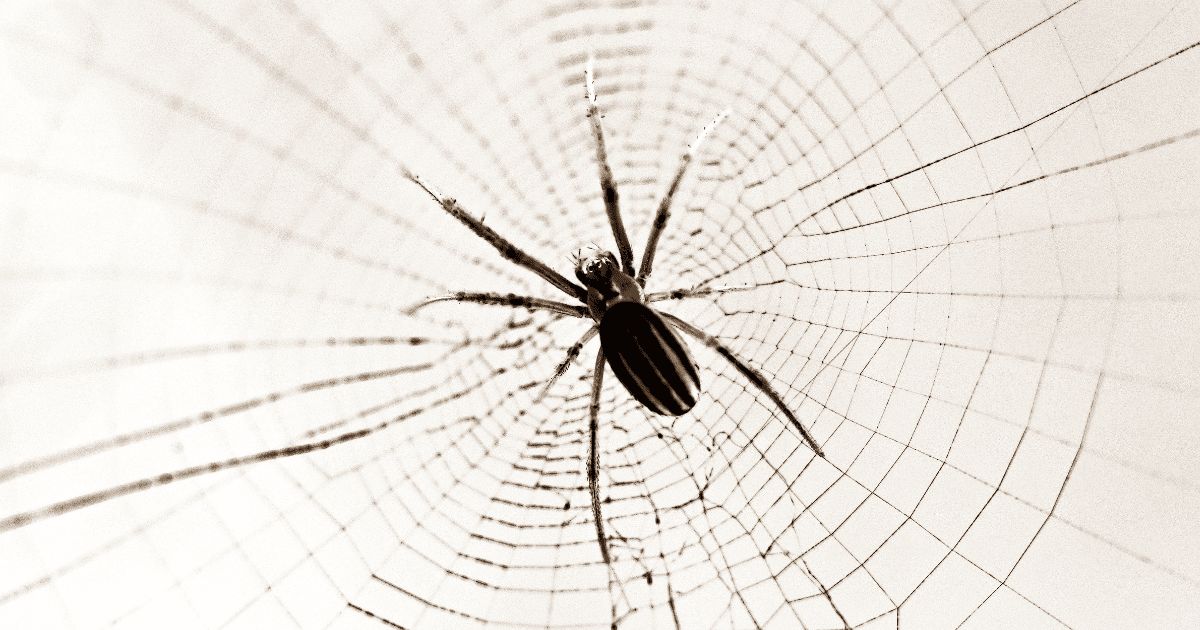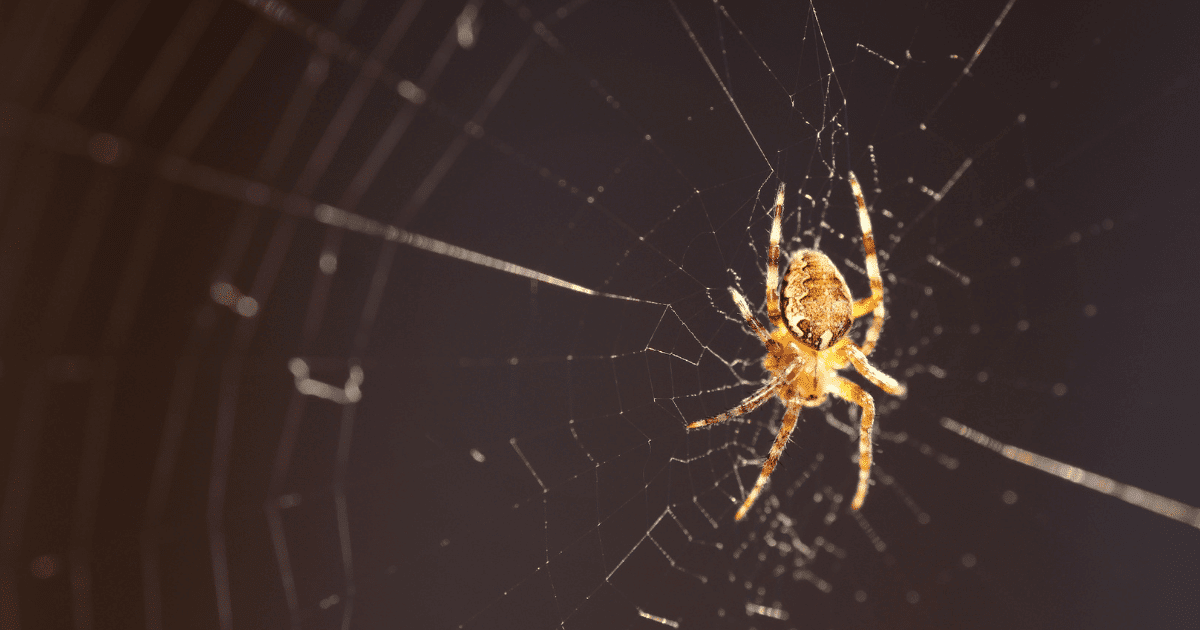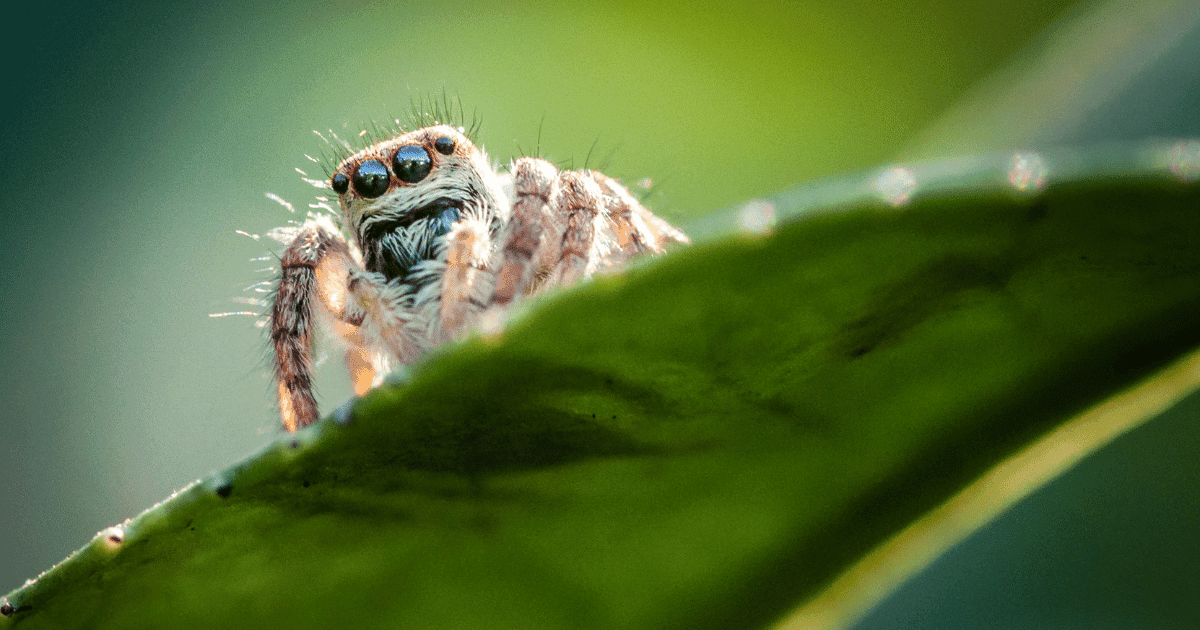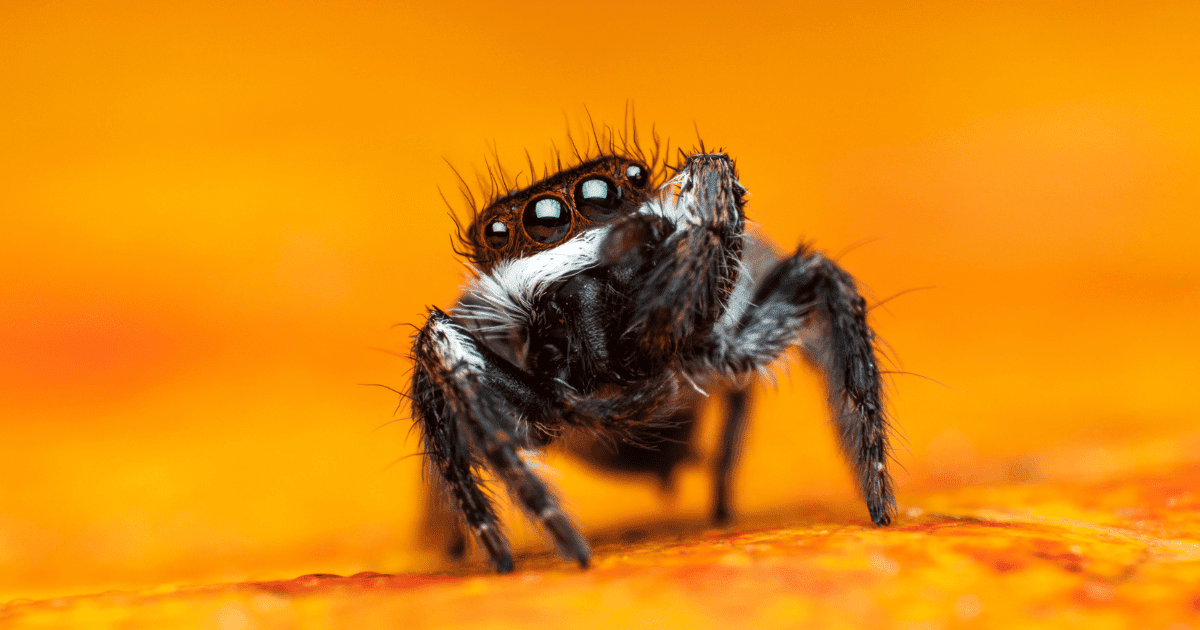Explore the interesting query Can spiders feel pain? in this article. Delve into spider biology, clinical debates, and ethical issues, shedding mild on this fascinating subject matter.
Introduction to Spider Sensory Perception

Spiders, interesting creatures with a unique location within the animal country, have fascinated scientists and laypeople alike. A key query often arises in discussions about these 8-legged arachnids: “Can spiders experience pain?” This article delves into the fascinating world of spiders, exploring their sensory perceptions and unraveling the thriller of whether they experience pain. By examining their biology, conduct, and neurological make-up, we aim to shed light on this fascinating difficulty, imparting insights that not only fulfill clinical curiosity but also inform moral concerns in how we engage with those frequently misunderstood creatures.
Understanding Spider Nervous Systems
It is critical to apprehend their anxious structures to realize the possibility of spiders experiencing aches. Spiders have an easier yet remarkably efficient nervous system, unlike mammals. This machine incorporates a primary nerve wire and a mind that integrates sensory facts and coordinates responses. While specific to the complex apprehensive structures of vertebrates, the spider’s nervous system can process external stimuli. Researchers are eager to apprehend how this device translates potentially painful reviews, comparing it with more studied organisms to draw significant conclusions.
The Scientific Debate: Can Spiders Feel Pain?
Whether spiders can sense aches is a topic of huge debate in the scientific community. On one hand, some researchers argue that spiders’ responses to dangerous stimuli are reflexive, lacking the emotional factor we associate with aches. On the other hand, research suggests that spiders exhibit behaviors that could indicate pain perception, consisting of heading off harmful stimuli or showing protective responses. This debate is not simply educational; it has considerable implications for understanding arachnid biology and welfare.
Behavioral Evidence of Pain in Spiders
Observing spider behavior gives interesting insights into the possibility of pain belief. For example, spiders frequently withdraw from or avoid dangerous stimuli, which a few interpret as a demonstration of ache. Additionally, positive species have been observed to desire injured limbs, suggesting a degree of discomfort. However, figuring out whether or not these behaviors are conscious responses to pain or automated reflexes remains a task for researchers. These observations fuel ongoing studies into the intensity and nature of spiders’ sensory experiences.
Physiological Responses: Indicators of Pain or Reflex?

When spiders encounter potentially harmful stimuli, they show diverse physiological responses. These consist of improved coronary heart fee, secretion of strain-related hormones, and changes in hobby levels. While those responses may be interpreted as indicators of aches, scientists caution against drawing direct parallels to human pain perception. The key query is whether those physiological changes are conscious responses to pain or automated reflexes to external stimuli. Disentangling those possibilities is critical for knowledge of the genuine nature of spider sensations.
Neurological Basis of Pain Perception in Spiders
The neurological basis of ache perception in spiders is a complex and relatively unexplored territory. While spiders possess a less difficult, valuable, worried gadget compared to many animals, they have nerve cells capable of transmitting sensory data. The presence of these nerve cells raises the question of whether or not spiders can revel in something corresponding to ache. However, the absence of sure mind structures observed in mammals, which are associated with the emotional elements of aches, shows that if spiders do feel pain, it could be specific from human stories. This place gives interesting capability for future studies, supplying deeper insights into the charming international of spider biology
Comparing Spiders to Other Arthropods
In the wider context of arthropods, spiders gift a unique case to look at pain perception. Comparing them to bugs and crustaceans, which have been greater significantly studied in this regard, offers valuable insights. Some crustaceans, like crabs and lobsters, have been proven to showcase behaviors suggestive of ache belief. Understanding whether or not comparable mechanisms are present in spiders can assist us in better recognizing the evolutionary improvement of sensory notions throughout exclusive arthropod species. This evaluation complements our expertise in spider biology and contributes to the wider subject of invertebrate neurobiology.
Ethical Considerations in Studying Spider Pain
Exploring the pain notion in spiders brings with it vital moral concerns. If spiders can feel pain, this has considerable implications for how they may be dealt with in both studies and well-known interactions. The proper care of animals in scientific research has emerged as a paramount situation, extending to invertebrates like spiders. Ensuring that research is conducted humanely, with minimum distress to the topics, is critical. This research element not handiest displays our obligation toward different living beings but also affects public notions and policy regarding animal welfare.
Impact on Human Interaction with Spiders

Understanding whether or not spiders can experience pain also has implications for our regular interactions with them. If evidence indicates that spiders revel in pain, this will cause changes in how we control spider populations in our homes and gardens. It could also affect pest manipulation practices, encouraging more humane strategies. This understanding can change our cultural perceptions of spiders, fostering a more empathetic and informed method of coping with these often misunderstood creatures.
Key Takeaways on Spider Pain Perception
- Spiders have an easy yet efficient frightened machine capable of processing sensory records.
- Scientific debate remains on whether spiders experience pain or merely reflexive responses.
- Behavioral and physiological proof indicates feasible ache belief. However, conclusive evidence still needs to be discovered.
- Ethical considerations are crucial in examining spider aches and our interactions with spiders.
- Understanding the spider pain notion may modify pest manipulate practices and cultural attitudes.
Conclusion:
Ultimately, Can spiders feel pain? opens up a captivating vicinity of scientific inquiry. While present-day proof suggests the opportunity for belief in spiders, definitive conclusions are yet to be reached. This exploration enhances our expertise in spider biology and has broader implications for how we view and interact with those creatures. As research continues, it’s far more important to technique this subject matter with an open mind, scientific rigor, and ethical consideration. Understanding the depth of spider sensory experiences now not simplest satisfies medical curiosity but additionally informs our moral and sensible interactions with the herbal world.
FAQs
Do spiders have a nervous device able to sense aches?
Yes, spiders have a frightened system, but whether it procedures ache like humans is still beneath research.
How do scientists have a look at ache perception in spiders?
Researchers observe spider responses to stimuli and their physiological and behavioral modifications.
Could learning approximately spider ache trade how we cope with them?
Information about spider aches should lead to more humane remedies and pest manipulation techniques.
Are there moral concerns in analyzing spider aches?
Ensuring the humane treatment of spiders in studies is a key ethical attention.
Hello! I’m Javed, a versatile content writer specialized in various niches, with a particular passion for home and garden topics. My expertise extends beyond writing—I’m also skilled in SEO and WordPress development, boasting over four years of experience in these areas.
